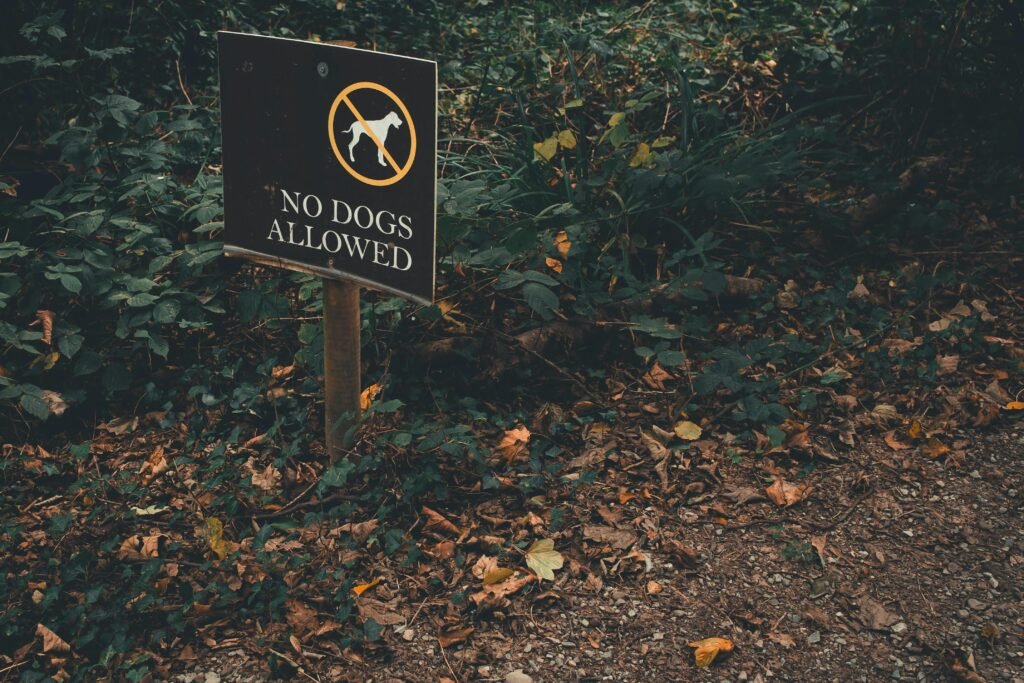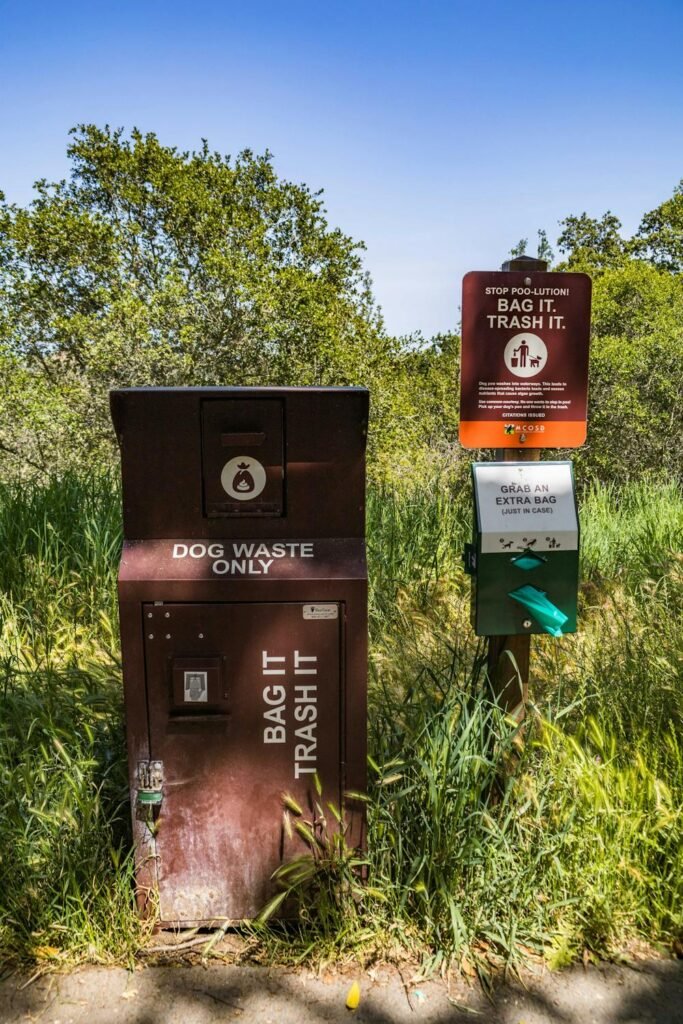Dogs may be beloved companions, but a new Australian study suggests their environmental impact is larger and more troubling than most people realize. Researchers argue that dogs are quietly disturbing wildlife, polluting ecosystems, and contributing heavily to carbon emissions—issues often overlooked compared to the well-documented impact of cats.
Dogs Disturbing Wildlife and Ecosystems

According to the review published in Pacific Conservation Biology, pet dogs—considered the world’s most common large carnivore—pose major risks to native wildlife. In Australia, for example, unrestrained dogs attacking little penguins in Tasmania may lead to entire colony collapses. Meanwhile, the Australia Zoo Wildlife Hospital reported that dog attacks were the second most common reason for animal admissions, with high mortality rates.
“People often underestimate the ripple effects of just one unleashed dog,” said Professor Bill Bateman, lead author of the study. “Disturbing a single nesting site can have consequences for entire local populations of birds or small mammals.”
Similar patterns appear globally. In the United States, studies show deer, bobcats, and foxes avoid areas where dogs roam freely. Even flea and tick treatments on dogs are causing harm; chemicals from these medications wash into waterways, killing aquatic invertebrates critical to ecosystem health. Additionally, dog waste alters soil chemistry and can negatively affect plant growth.
The Carbon Paw Print of Pet Ownership

Beyond wildlife disturbance, the carbon footprint of dogs is significant. A 2020 study cited in the review found that the dry pet food industry uses an area twice the size of the UK, generating greenhouse gas emissions comparable to the 60th highest-emitting country.
The findings, published in Pacific Conservation Biology, highlight not only the risks dogs pose to nature but also potential solutions. Bateman emphasized that while the environmental impact is serious, the intent is not to blame pet owners.
“It’s not about demonizing dogs or their owners,” Bateman said. “It’s about understanding the scale of the impact and taking manageable steps to lessen it.”
He suggested that shifting even a fraction of pet owners toward more sustainable practices—like using eco-friendly pet foods or always leashing dogs in sensitive areas—could create significant positive change.
Responsible Ownership Can Make a Difference

The researchers attributed much of the environmental damage to the high global dog population and the “lax or uninformed behaviour of dog owners.” However, they stressed that change is possible.
Simple actions—like keeping dogs leashed in sensitive areas, maintaining distance from nesting shorebirds, picking up after dogs, and considering more sustainable dog food options—could significantly reduce harm. Bateman also suggested stronger leash laws and creating more dog exclusion zones in vulnerable habitats.
“Education is key,” Bateman added. “If more owners understood how much damage a loose dog can cause without even meaning to, compliance would improve naturally.”
Angelika von Sanden, a trauma therapist and author, highlighted that dogs offer critical emotional support for many individuals, making it vital to find a balance between companionship and environmental stewardship.
“For many people, their dog is their anchor to life,” von Sanden said. “We shouldn’t make people feel guilty for needing that bond, but we can also teach responsibility alongside love.”
Von Sanden emphasized that dog walking itself could foster a deeper connection with the environment if approached mindfully.
“When owners walk their dogs in nature, they often build a stronger appreciation for the natural world,” she said. “It’s a relationship that, if nurtured with care, can protect both human and non-human lives.”
“Much of the impact can be ameliorated simply by more thoughtful owner behavior,” Bateman said. “If nothing else, pick up your own dog’s waste.”







